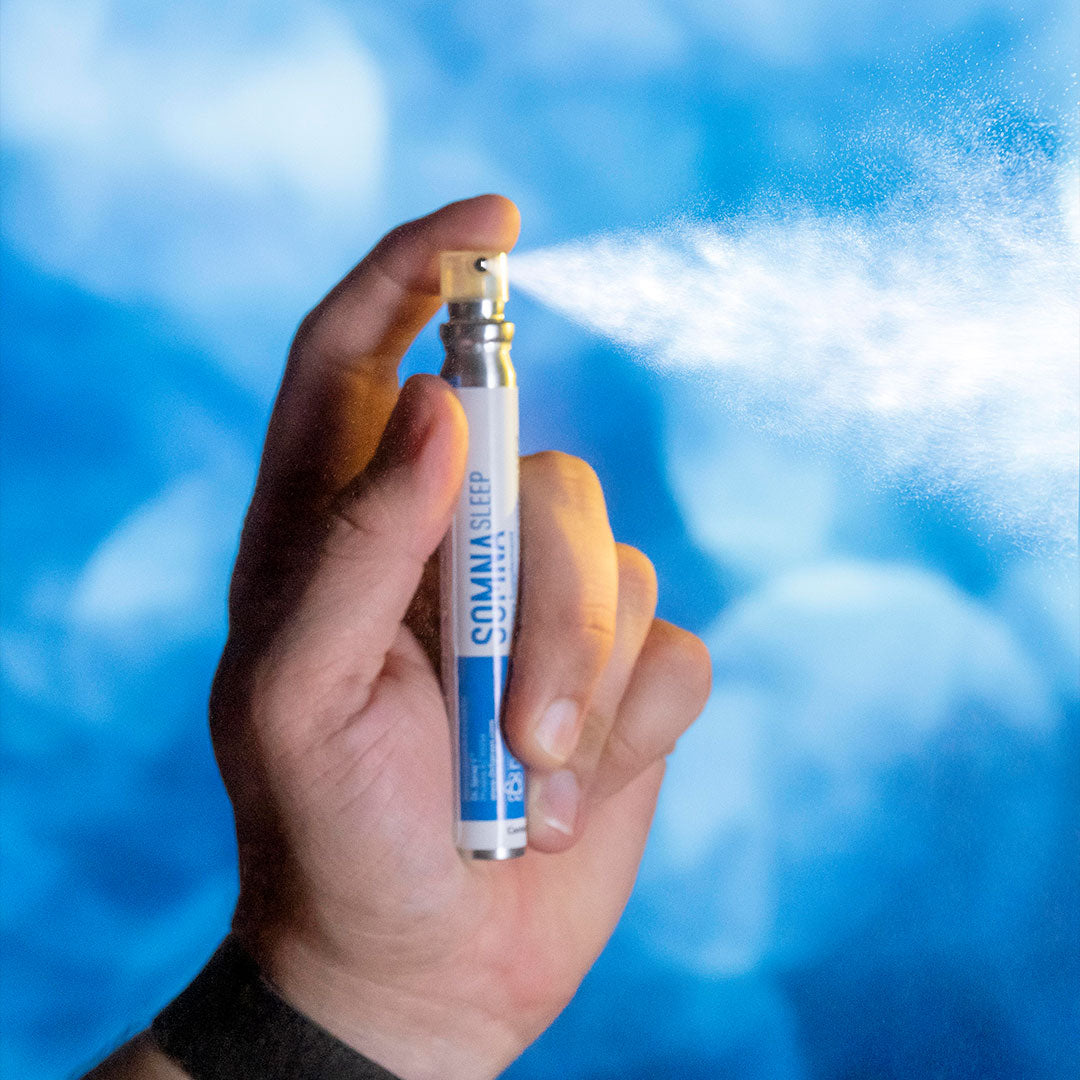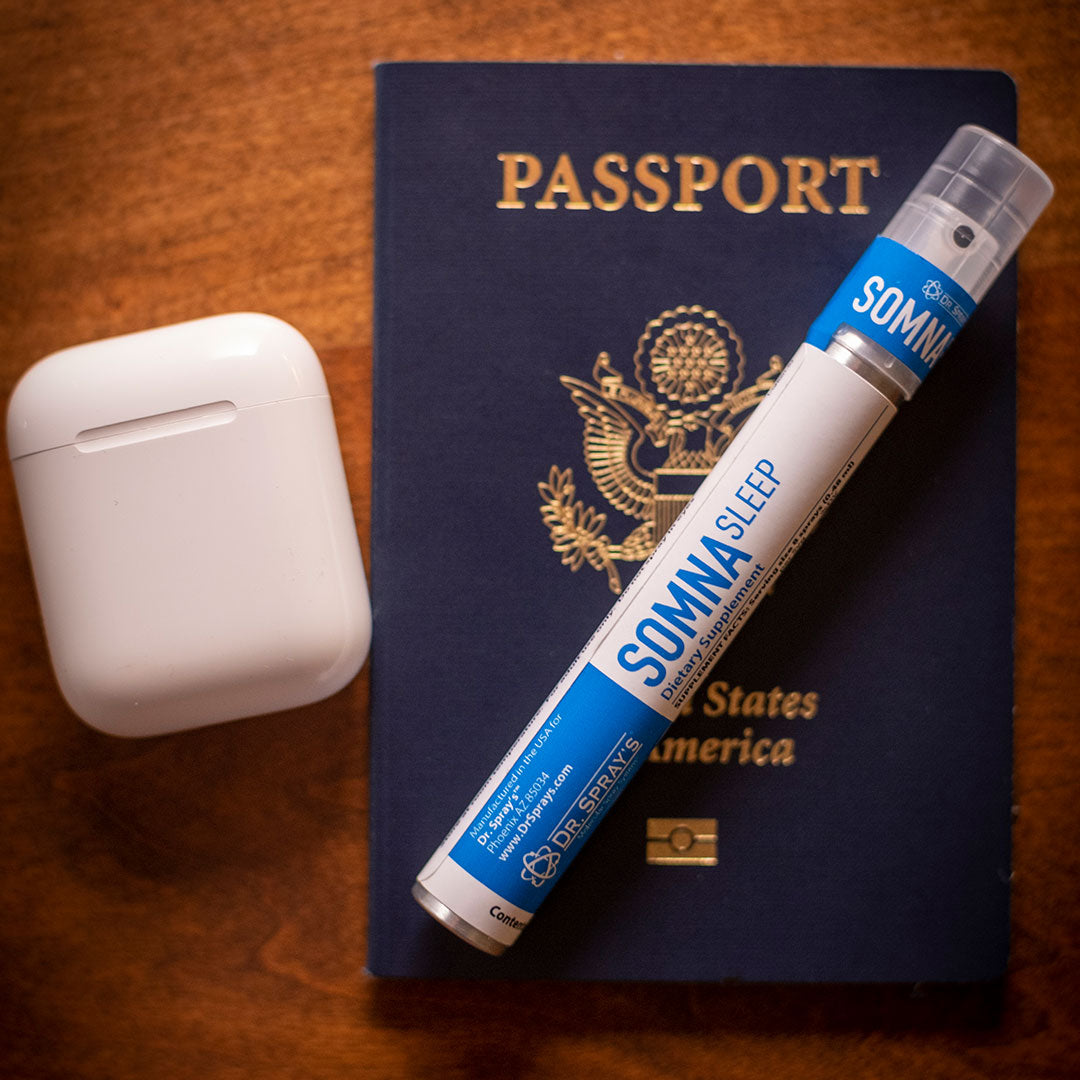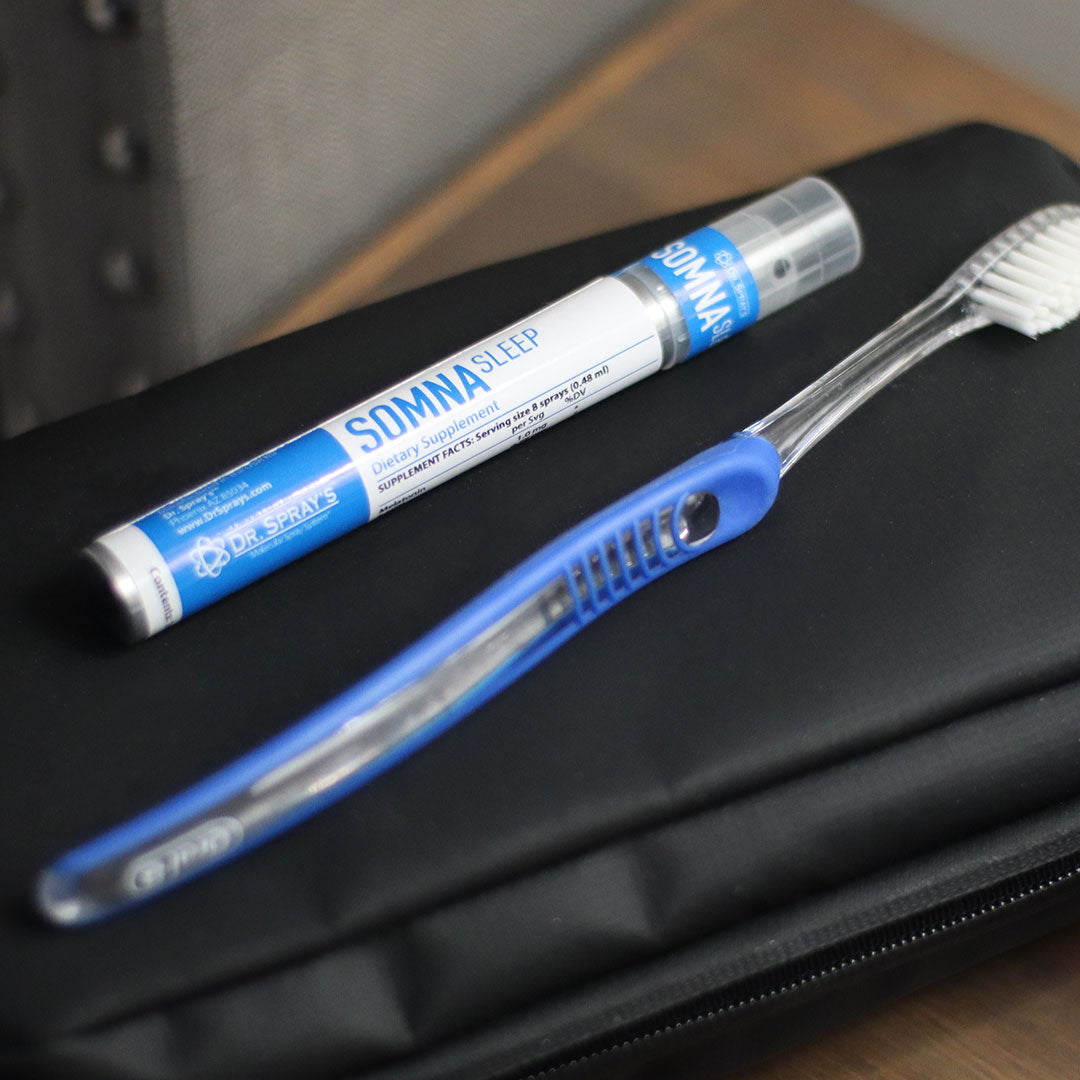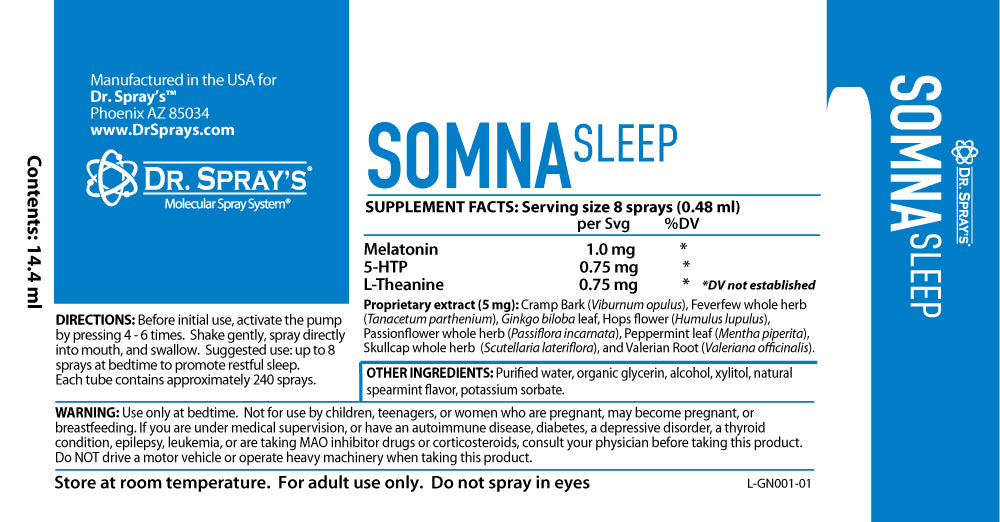If your dog is having trouble sleeping, you may be wondering if you can give them sleep aid. The answer is maybe. It depends on the cause of your dog's sleep problems and the specific sleep aid you're considering.
If your dog is experiencing anxiety or stress, there are a variety of natural options that can help them relax and get a good night's sleep. Herbal supplements such as chamomile or valerian root can be effective, or you might try CBD oil. If your dog is in pain, there are also some pain relievers that can help them sleep more comfortably.
Talk to your veterinarian about the best option for your dog's specific needs. They can advise you on whether a particular sleep aid is safe and appropriate, and help you find the right dosage.
There are a few things to keep in mind if you do decide to give your dog a sleep aid. First, make sure that you only give the recommended dosage. Giving your dog too much of a sleep aid can be dangerous. Second, watch your dog closely after giving them the medication to make sure they do not have any adverse reactions. Lastly, never give your dog a sleep aid without first talking to your vet.
In general, it is best to avoid giving your dog sleep aids unless it is absolutely necessary. If you do decide to give your dog a sleep aid, make sure to follow all instructions carefully and always check with your vet first. It's important to know what medications are safe for your dog and which ones are not. Sleep aids are among the latter. While human sleep aids can be relatively harmless to dogs, they can also be potentially very dangerous. If you're wondering whether or not you can give your dog sleep aid, the answer is almost always no.
Dogs react to sleep aids differently than humans do. For one thing, they are much more sensitive to the effects of the medication. This means that the dosages that are safe for humans are often far too high for dogs. Overdoses of sleep aids can cause serious problems like vomiting, diarrhea, tremors, and even seizures in dogs.
In addition, dogs metabolize medications differently than humans do. This means that the active ingredients in sleep aids can stay in a dog's system for much longer than they would in a human. The result is that dogs can become groggy and listless for hours or even days after taking a sleep aid.
So, while it may seem like giving your dog a sleep aid would help them get a good night's rest, it's actually more likely to do more harm than good. If you're having trouble getting your dog to sleep, talk to your vet about some other options that might be safer and more effective.










